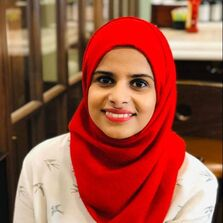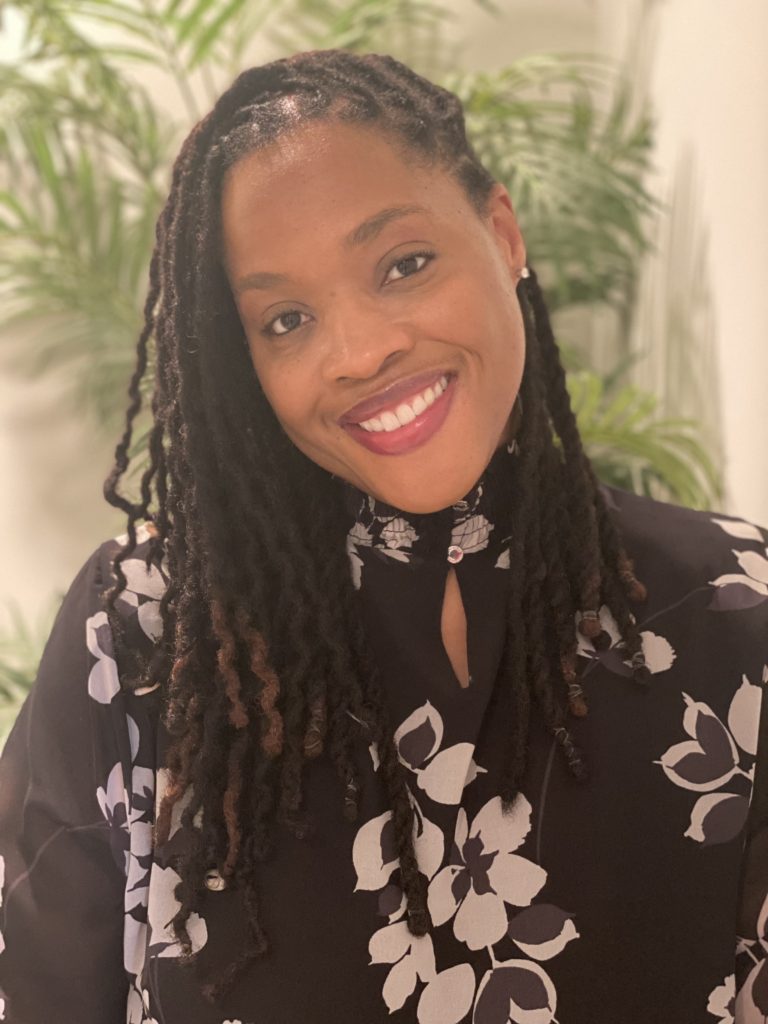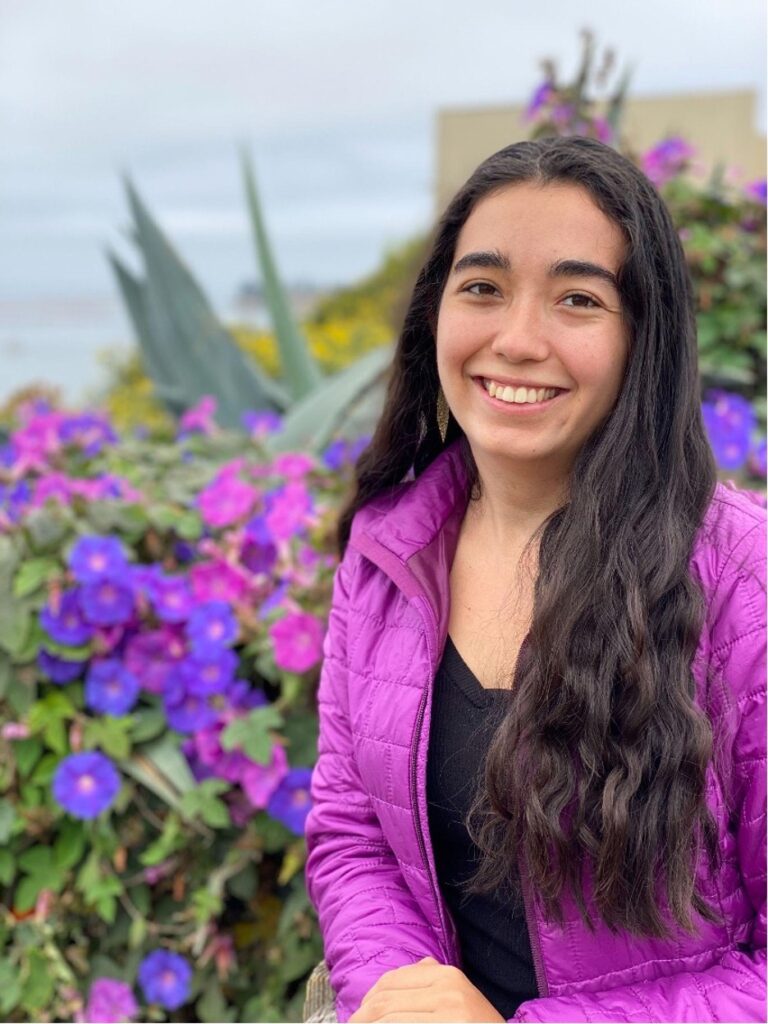Current Lab for Community REACH Students

Tahani Chaudhry, M.A.
Tahani Chaudhry (pronouns: she/her) joined the clinical psychology program at George Mason in 2019. She earned her Bachelor’s degree from Wellesley College in 2016 and worked at Massachusetts General Hospital as a psychometrist administering neuropsychological assessments. Tahani is passionate about cross-cultural research, particularly with underrepresented communities, and completed an honors thesis on the stigma on mental illness in South Asian Americans. Prior to joining GMU, she volunteered with Saheli, a community organization serving South Asian survivors of intimate partner violence in the greater Boston area. This experience sparked her interest in trauma and resilience in survivors of intimate partner violence and how societal factors influence their process of resilience. Currently, her research interests include how religious leaders facilitate or hinder the process of resilience for survivors of intimate partner violence.
Second year project (thesis): Religious Help-seeking in Survivors of Intimate Partner Violence
Dissertation: Understanding Religious Help-Provision: Identifying Pathways, Messages, and Impact of Religious Leaders on Survivors of Intimate Partner Violence.
Internship: Montefiore Medical Center/Albert Einstein College of Medicine

Kevin Ramseur II, M.S.
Kevin Ramseur II, (pronouns: he/him) joined the Clinical Psychology doctoral program in 2020. He earned his Bachelor’s degree from the University of Miami in 2016 and a Master’s Degree from Duke University in 2018. For the past two years, he has been a clinical researcher in the Duke University School of Medicine administering developmental assessments. Kevin would ultimately like to increase access to quality mental health care for underserved populations, and completed a thesis on caregiver-mediated early intervention for children in South Africa. Prior to joining GMU, he interned with the World Health Organization, where he learned from world leaders about the global inequities in mental health and wellness. These experiences molded Kevin’s interests in using community-based participatory research practices to identify, address, and remove structural barriers to health equity in diverse communities.
Second year project (thesis): Black Men Need Friends: Social Support Moderates the Connection between Gendered Racism and Psychological Distress.
Dissertation: Social Support for Black Men: Building an Afrocentric Approach to Mental Health Intervention

Shane A. Stori, M.A.
Shane Stori joined GMU’s clinical psychology doctoral program in 2021. She completed her undergraduate studies at the University of Baltimore and earned her Master’s Degree from The Catholic University of America in 2020. Prior to GMU, she served as a law enforcement officer for over 15 years, beginning her career as a city police officer before transitioning to federal law enforcement in Washington DC. She has previously worked as a research assistant on projects focused on racial and sexual minority stress, non-suicidal self-injury (NSSI), PTSD, and psychological flexibility/inflexibility. As a strong proponent of social justice, she has worked with community outreach programs to promote civic engagement and racial justice activism amongst emerging adults. Her background as a collegiate athlete guided her honors thesis which examined the impact of race and gender on established sports rules and punishment.
Shane’s current research interests involves examining the impact of compounding stress and cumulative trauma on those who hold multiple socially minoritized identities. She is particularly interested in the role of identity-related stress in the development of maladaptive cognition and mental health comorbidities with the goal of adapting culturally competent acceptance-based interventions. She is equally invested in work as a scholar-activist in the advancement resilience and empowerment, values identification, and anti-racism actions.
Second year project (thesis): Centering Malleable Factors in Black Women’s Mental Health: How Psychological Armoring and Social Support Dynamics Connect to Trauma Symptoms from Gendered Racism.
Dissertation topic: What is the cost of empowerment?

Kathleen Khong, B.S.
Kathleen Khong (pronouns: she/her) joined the clinical psychology doctoral program at George Mason University in fall 2021. She earned her Bachelor’s degree from HELP University, Malaysia, in 2018 and has been involved in community-based research on stress, emotion regulation and mental health among refugees in Malaysia. At the same time, she volunteered with the Women’s Aid Organization in projects that aim to reintegrate survivors of domestic violence into society and currently serves as a crisis support hotline officer. Witnessing refugees and survivors of interpersonal violence (IPV) struggle with stress, PTSD, and societal stigma stirred a desire within her to use research and clinical skills toward shaping policies. These experiences also led to her interest in using community-based research to better understand the mental health needs of marginalized populations who experience(d) domestic violence. Someday in the future, she hopes to increase accessibility of IPV-related services for marginalized communities with considerations for survivor empowerment and mitigation of trauma outcomes.
Second year project (thesis): The #MeToo Scale: Women’s Attitudes toward a Movement and Attribution of Blame for Sexual Assault

Abril (Abby) King, B.A.
Abril (Abby) King (pronouns: she/her) joined the clinical psychology program at George Mason in 2023. She earned her Bachelor’s degree from The University of San Diego in 2022. While in undergrad she completed her thesis on the impact of benevolent sexism on women’s mental health in the contexts of work and romantic relationships. Abby was also involved in a research project aimed at pilot testing a personalized version of Parent Child Interaction Therapy directed at improving outcomes for Latine families. Through these experiences, Abby developed a passion for learning about the impact of relationship-functioning on mental health as well as the process of resiliency in Latine survivors of IPV. Her future goals include further exploration of how community based participatory research can enhance access and effectiveness of survivor-centered intervention programs. Abby also aims to develop clinical skills, particularly those relevant to working with survivors of IPV.
Second year project (thesis): Social Support and Perceived Court Fairness for Black Women Facing Coercive Control